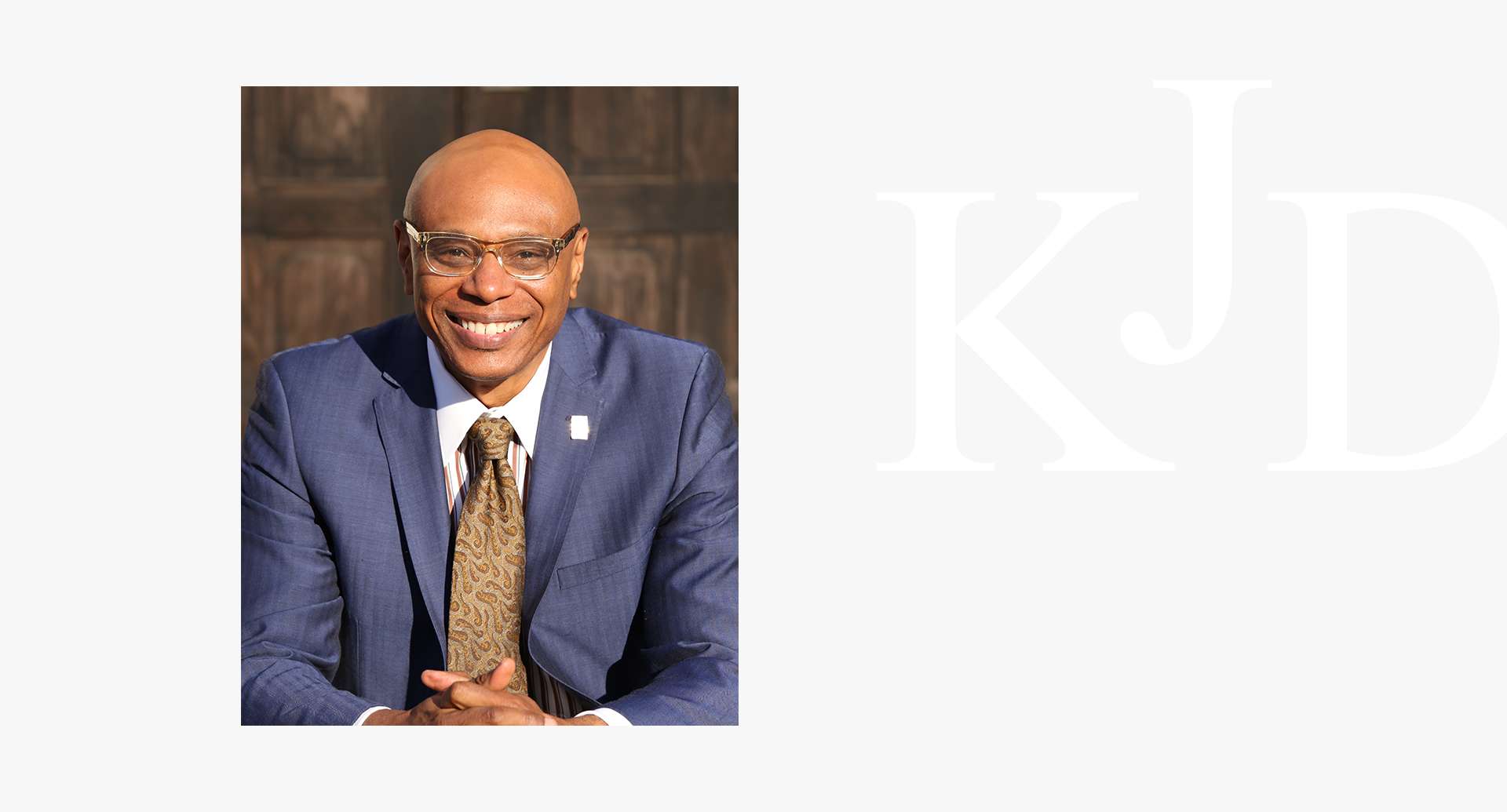Chapter 13 bankruptcy allows individuals to pay off their debts over three to five years. The potential benefits include being able to keep non-exempt property, averting foreclosure by catching up past due mortgage payments and discharging certain debts when the repayment plan is complete. A knowledgeable Maryland and Washington DC bankruptcy attorney can review your financial situation to determine whether Chapter 13 bankruptcy may be right for you.
Sometimes people’s circumstances change after the bankruptcy court has approved their Chapter 13 repayment plan. A job loss, divorce, or sharp increase in expenses can all make it difficult for a Chapter 13 debtor to continue making payments as originally proposed. When this happens, the debtor may need to consider options such as modifying the repayment plan, converting to a Chapter 7 case or voluntarily dismissing the Chapter 13 case. An experienced Washington DC and Maryland bankruptcy attorney helps debtors understand their options and make the decision that is best for them.
Modifying a Chapter 13 Plan
The U.S. Bankruptcy Code provides for modification of Chapter 13 plans “upon request of the debtor, the trustee, or the holder of an allowed secured claim.” When a Chapter 13 debtor’s circumstances change, he or she may need to:
- Increase or lower the amount of plan payments
- Alter a variable payment schedule
- Lengthen or shorten the plan
- Provide for additional secured or priority claims to be paid through the plan, or for the surrender of collateral to a secured creditor currently being paid through the plan
- Lower the unsecured dividend (i.e., the percentage being paid to unsecured creditors)
The procedure for modifying a Chapter 13 plan tends to vary from court to court. A qualified Maryland and Washington DC bankruptcy lawyer can help you follow the proper procedure for modifying your plan.
Converting or Dismissing a Chapter 13 Case
Sometimes debtors’ circumstances change such that Chapter 13 is no longer their best option. The U.S. Bankruptcy Code also allows Chapter 13 debtors to voluntarily convert or dismiss their case. In order to convert to Chapter 7, a debtor must be eligible for conversion. Debtors who have received a prior Chapter 7 discharge within the past eight years, for example, are ineligible to convert. A Washington DC and Maryland bankruptcy lawyer helps debtors who want out of their Chapter 13 case understand the benefits and drawbacks of both converting and dismissing.
To explore your bankruptcy options and learn more about the bankruptcy process, contact a dedicated Maryland and Washington DC bankruptcy attorney today.


